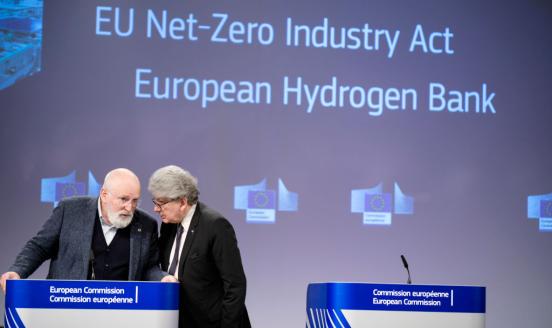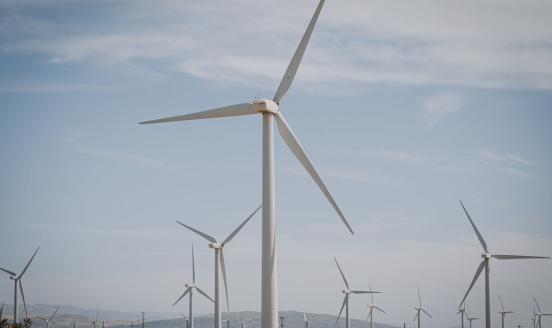How can strong implementation tools enhance climate and energy governance?


The European Commission under Ursula von der Leyen has successfully pivoted the EU towards climate neutrality. With the Green Deal, the EU has set clear and ambitious climate targets and has put substantial legislation and funding in place to reach them. Nonetheless, we see clouds on the horizon of Europe’s green transition.
EU decarbonisation is indeed set to become politically way more challenging, namely as it strongly deals with sectors such as transport and buildings. To safeguard the Green Deal in the coming years, the EU needs a much more solid energy and climate governance than it currently has.
Five priorities for the next EU institutional cycle should include: 1) to progressively bring all emissions under an ETS and ensure the effectiveness of the EU climate policy. ETS and ETS-2 will cover 3/4 of EU emissions by 2030; 2) to launch preparations for an EU Green Investment Plan of €180 billion between 2024 and 2030; 3) to take energy and climate governance to heads of state and government level in order to increase policy coordination and political ownership – by establishing a group of European energy and climate sherpas; 4) to establish a European Energy Agency aimed at providing reliable and consistent data to underpin policy choices; 5) to create an Independent Network System Operator aimed at driving transmission network development and operation based on a principle of European cost minimisation.
The EU cannot afford to have a grand climate and energy strategy and at the same time lack the implementation tools. This endangers the whole decarbonisation process, particularly in a less-auspicious political climate. These proposals can push a profound debate in this space ahead of the upcoming European elections.
The Why Axis is a weekly newsletter distributed by Bruegel, bringing you the latest research on European economic policy.



